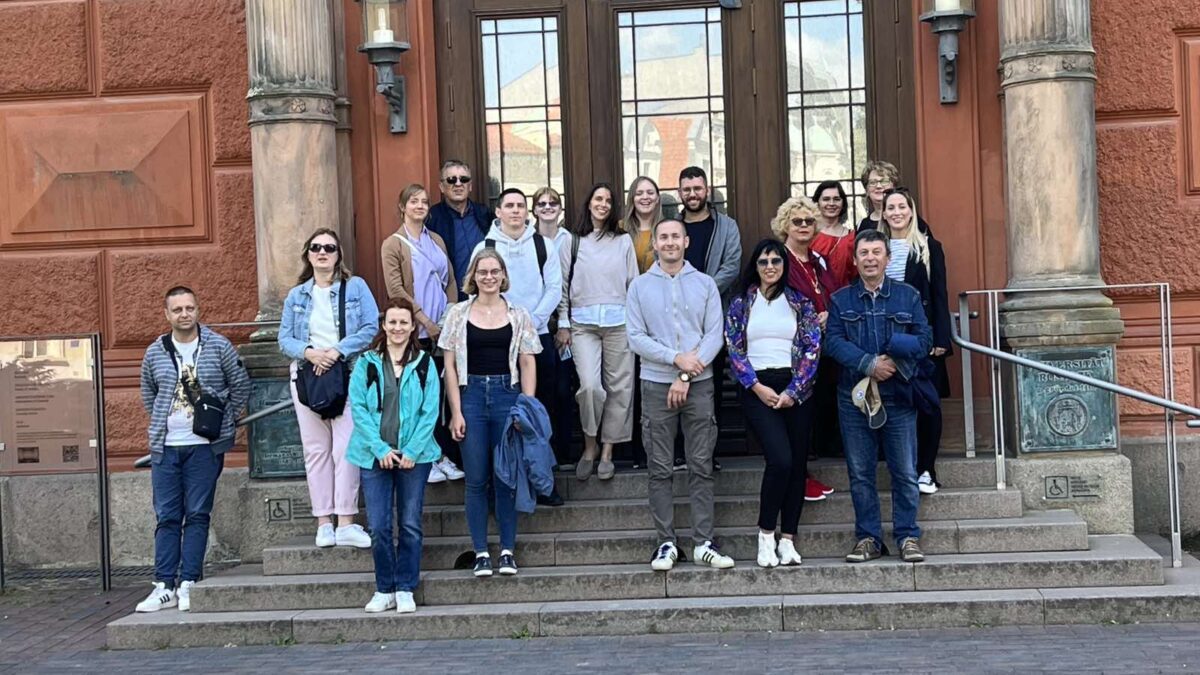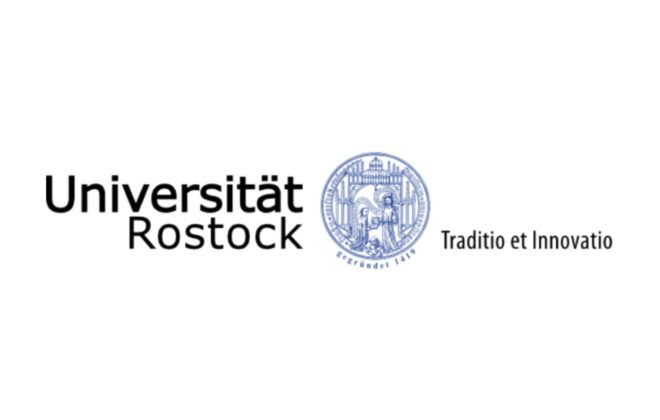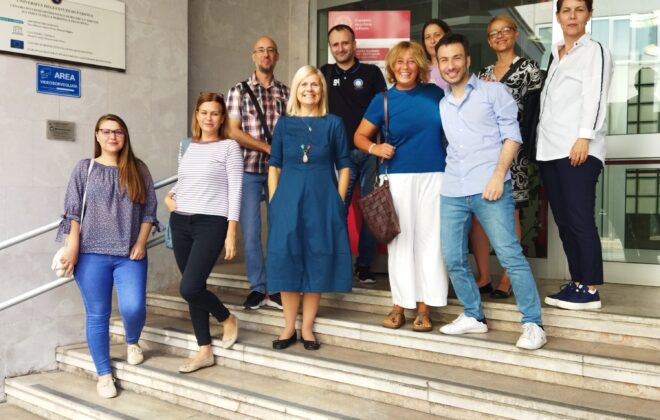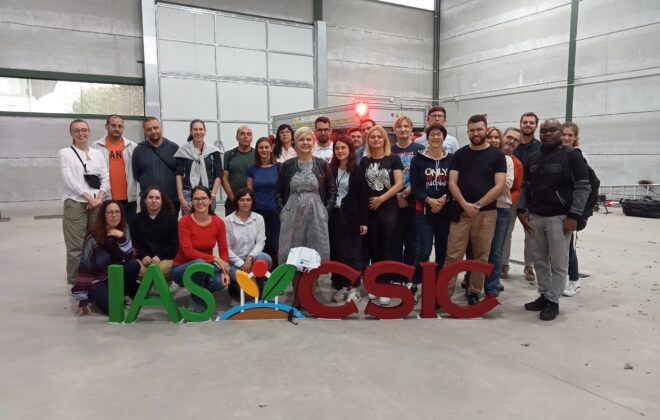Cropinno Team Enhances Scientific Excellence Capacity at Rostok University’s Training School on Bioinformatics and SNP-Based Markers
In a bid to expand their knowledge and strengthen their expertise in the field of crop breeding, the Cropinno team embarked on a productive visit to Rostok University during first week of July. The team actively participated in a specialized Training School focused on Bioinformatics, SNP-Based Markers, and their Application in Breeding.
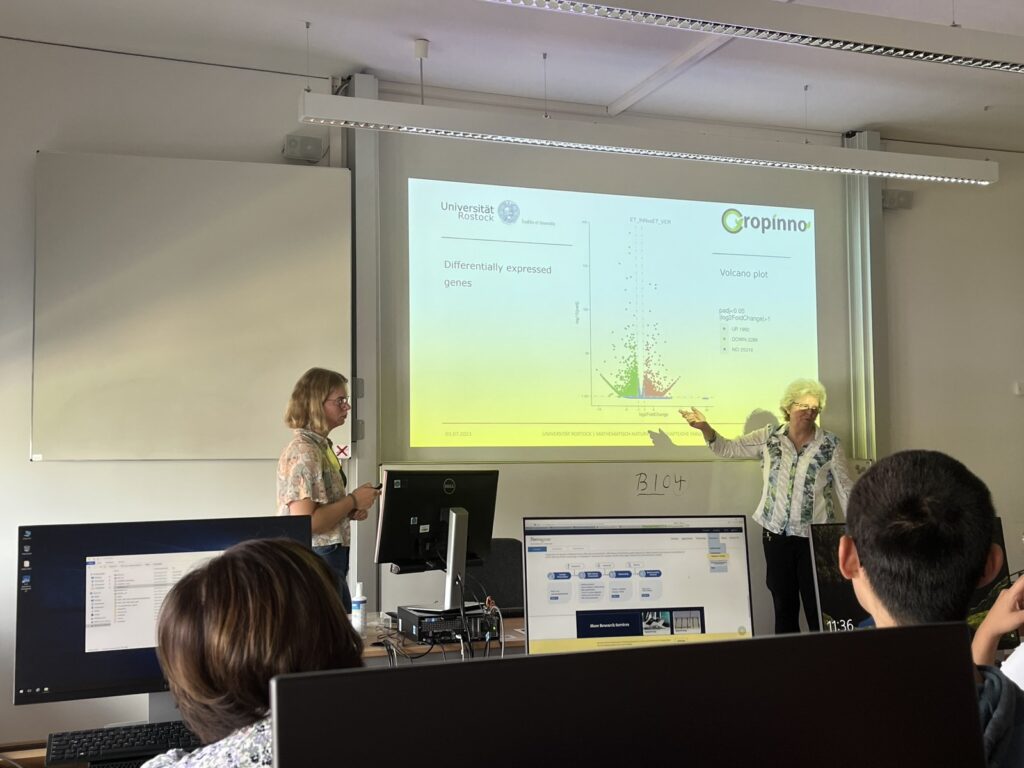

During the intensive program, the Cropinno team immersed themselves in a range of topics related to bioinformatics and the utilization of single nucleotide polymorphism (SNP) markers in breeding practices, Next-Generation Sequencing (NGS) which allows for the rapid and cost-effective sequencing of large number of DNA molecules simultaneously enabling researchers to obtain vast amounts of genetic data quickly.
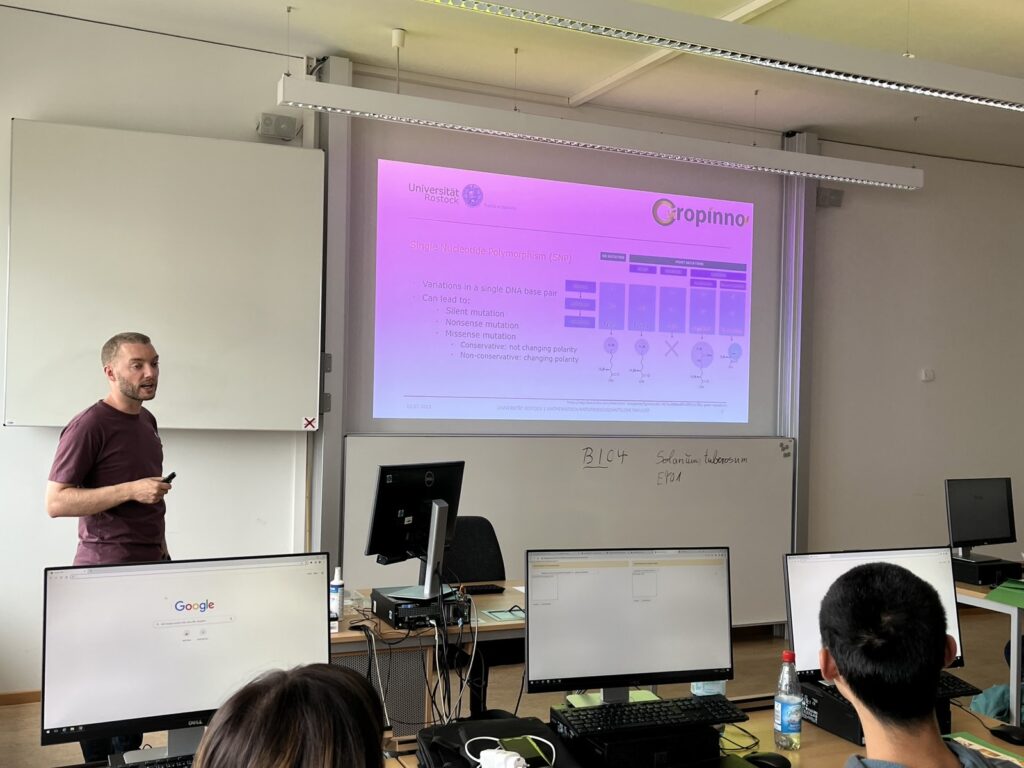

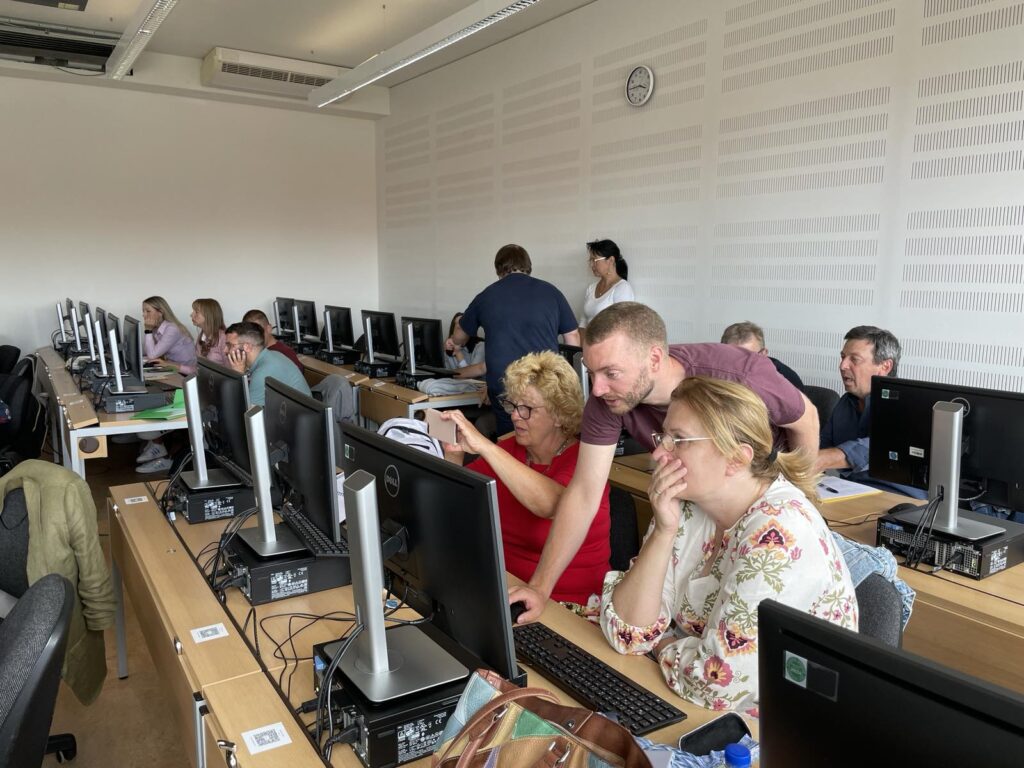

The Cropinno team expressed enthusiasm and appreciation for the opportunity to enhance their skills and knowledge in bioinformatics and SNP-based markers. They believe that the insights gained during the Training School will significantly contribute to their ongoing efforts in developing innovative and sustainable crop breeding strategies.
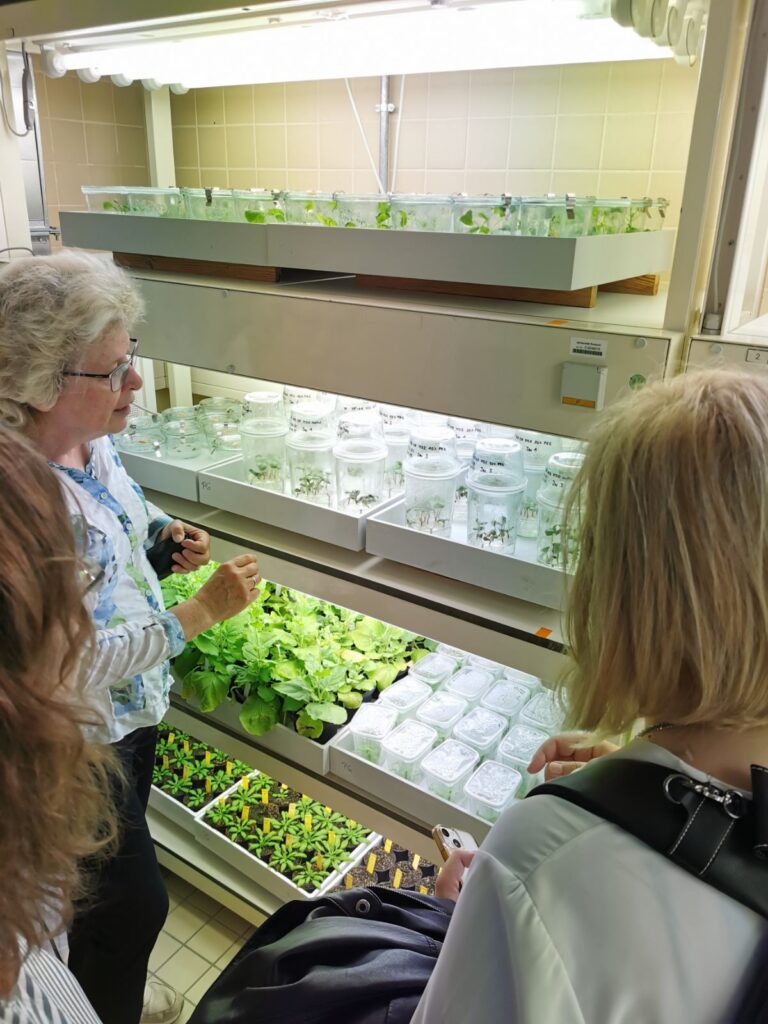

Related Posts
Leave a Reply Cancel reply
Recent news
- CROPINNO Participation in Summer School ‘Why Do We Study Plants?’
- From applications to reporting: learning EU project management in Rostock
- Short-Term Scientific Mission Experience in Sunflower Root Phenotyping
- Strengthening Administrative Skills for EU Projects
- Non-invasive plant phenotyping approaches

